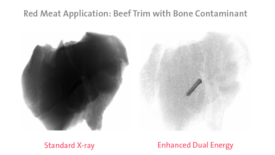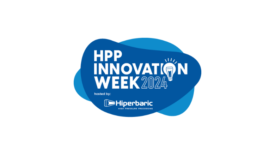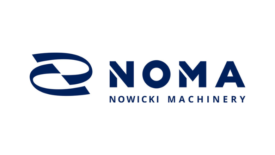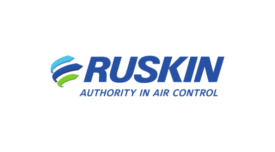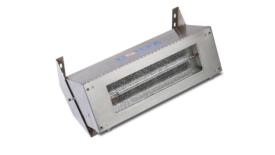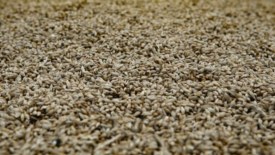Processing Technologies
From Benchtop to Scale-Up: Food Safety Considerations for New Product Development
A robust product development process builds control into the process so that food safety variables are properly considered
February 13, 2024
Food Safety and Quality Considerations in the Production of Plant-Based Meat Alternatives
Each step during manufacturing and distribution introduces potential challenges and opportunities for maintaining food safety and quality of plant-based meat products
February 13, 2024
Never miss the latest news and trends driving the food safety industry
eNewsletter | Website | eMagazine
JOIN TODAY!Copyright ©2024. All Rights Reserved BNP Media.
Design, CMS, Hosting & Web Development :: ePublishing
